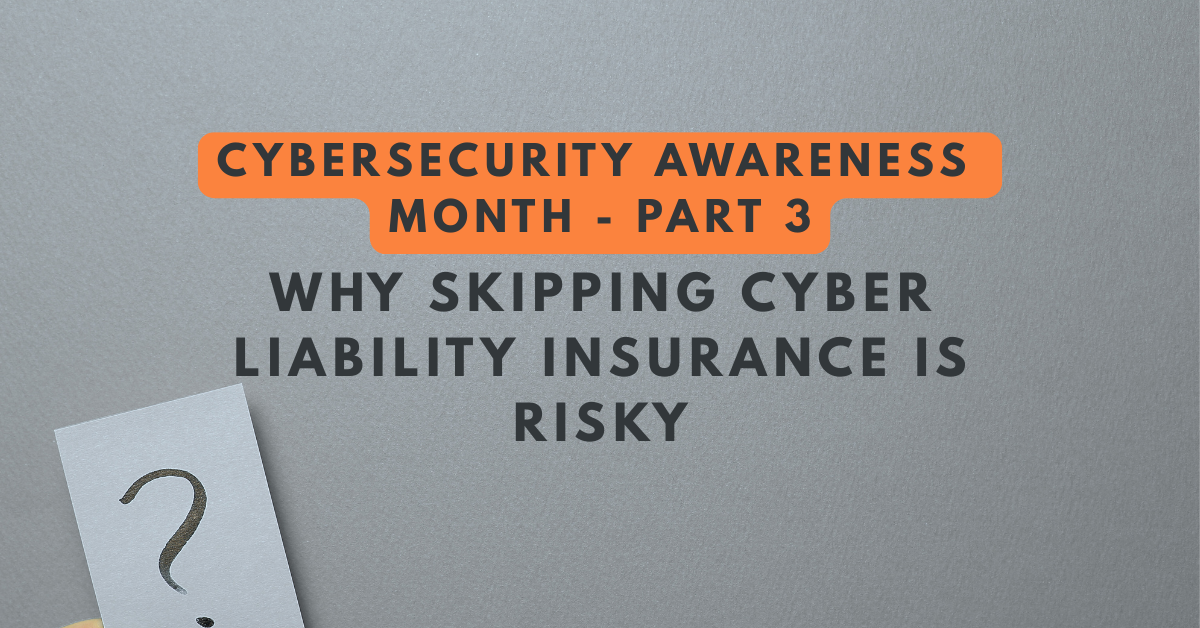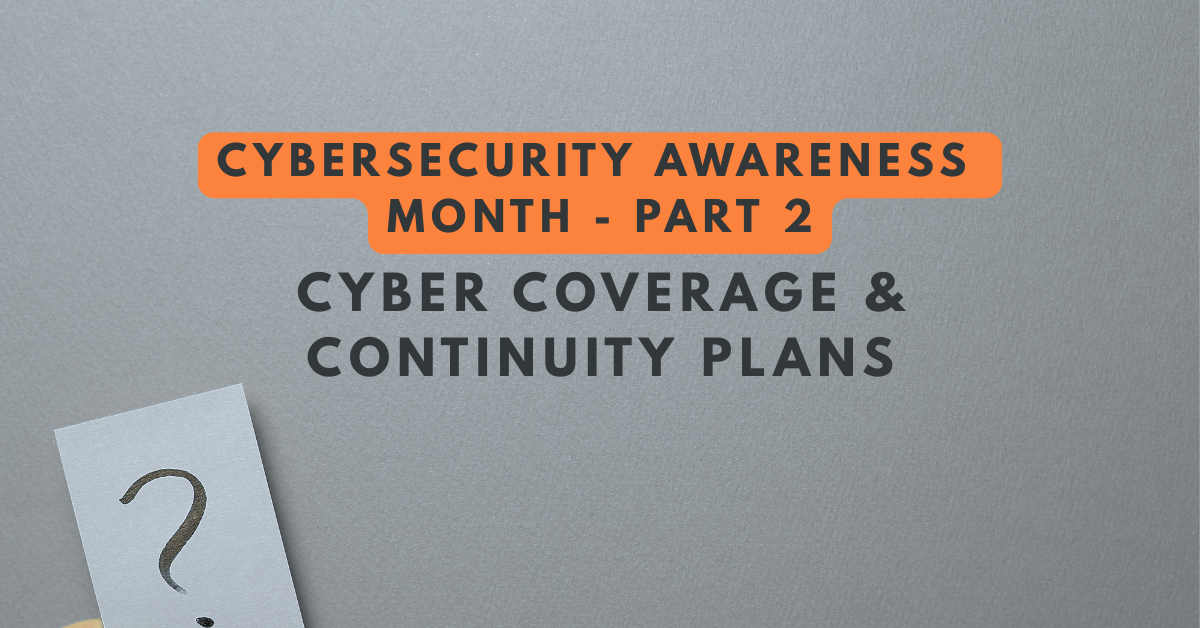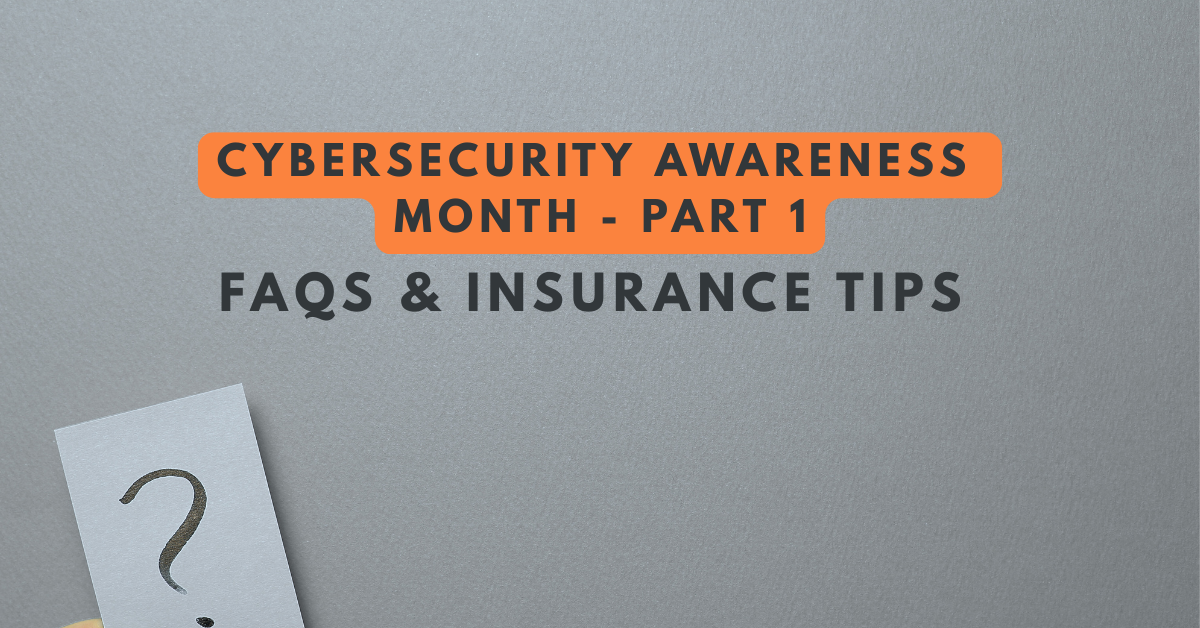Things to Know BEFORE Your Insurance Company Inspects Your Company
See How We're Different
or call us: (858) 384‑1506
Commercial property insurance is a vital component of a comprehensive risk management plan for businesses of all sizes. This insurance coverage protects businesses from the financial losses of property damage or loss. However, there are different commercial property insurance policies, including Basic, Broad, and Special forms, each with unique features and coverage options. I will explain each commercial property form and its differences in today’s video.
Here are some points regarding inspections that will help you be better-equipped if your company wishes to inspect.
You may not recognize the name of the company contacting you to conduct the inspection. Insurance companies often utilize third-party companies to perform checks. If you need clarification regarding the validity of the person or company requesting the review, contact your insurance agent to confirm. Verification is essential before agreeing to a physical inspection.
Insurance inspections are standard for liability policies, as well as property policies.
If an inspection is required, you must comply to ensure the continuation of your insurance policy. In other words, the insurance carrier will cancel your coverage for non-compliance with an insurance inspection.
Some surplus lines insurers also charge policyholders to conduct the inspection. You would see the inspection fee on the declaration page if you paid for the service.
I refer to an inspection as a service because it is a value-add for policyholders. After you purchase a policy, the assessment verifies the information provided on the application. Further, if the inspection reveals issues, the company will give you feedback and recommend fixing the problems. In many cases, you must comply with the requested modifications to continue coverage.
Most liability inspections are handled over the phone. However, in some industries, such as construction, the inspection company may inspect one or more job sites.
Now that you’re equipped with information about the inspection, let’s discuss ways to prepare for the meeting, whether it is in person or over the phone.
Physical Inspection Tips
There are several reasons why an insurance company will perform a physical inspection.
If you purchased property insurance, such as building, business personal property, or tenant improvements or betterments, the insurance company would inspect to verify the following:
Proper valuations: an insurance company wants to ensure that your limits are adequate. The carrier nor the insured win when a policyholder carries sufficient limits, especially considering co-insurance clauses. Check my YouTube channel for an explanation of coinsurance clauses and how they can affect your property insurance.
Protective safeguards: an insurance policy stands behind a policyholder to cover loss to the property for an unexpected event. But insurance companies also work to limit their exposure by improving risk management for their policyholders. Protective safeguards include fire protection systems, burglar and smoke alarms, upgrades to electrical and plumbing systems, and proper clearance for wildfire defense. Also, consider industry-specific precautions such as dust collection and automatic extinguishing systems in commercial kitchens.
Physical Inspections on Liability Policies
Physical inspections also take place on liability policies. One common type includes general liability inspections for construction companies. Areas of focus revolve around a safe job site, training, and preparedness. Premises liability is a big concern so companies will look for proper fencing, lighting, and safety signage.
For larger projects or OCIP (Owner Controlled Insurance Program) policies, insurance inspectors will regularly check during each construction phase to eliminate construction defect issues.
Phone Inspections
The same applies to phone inspections, as insurance companies attempt to verify proper safety measures, coverage limits, and protective safeguards. Most phone inspections deal with liability insurance, such as general liability.
We recommend having your insurance application handy during a phone inspection. In many cases, the inspector will call to verify the following information.
- Estimated gross sales for the policy period
- Estimated gross payroll for the policy period
- How many full-time and part-time employees?
- Are subcontractors or independent contractors hired? If so, does the policyholder secure formal agreements with indemnification and hold harmless language? Does the policyholder collect certificates of insurance with an additional named insured endorsement completed and attached?
- What are the operations of the business?
- How many years in business and the history of the company
- Has the business had any prior insurance claims or losses? Any pending or known lawsuits or legal issues? Does the policyholder know of any losses?
If the information provided during the inspection does not match the data from the application, the insurance company will alert the agent or policyholder. The company will advise of the discrepancies and ask for clarification. Sometimes, the differences uncovered at the inspection will increase the premium after the carriers adjust the rating basis or limits.
If you need support for an insurance inspection, feel free to text or call us at 858-384-1506. We are happy to review it and provide advice.







